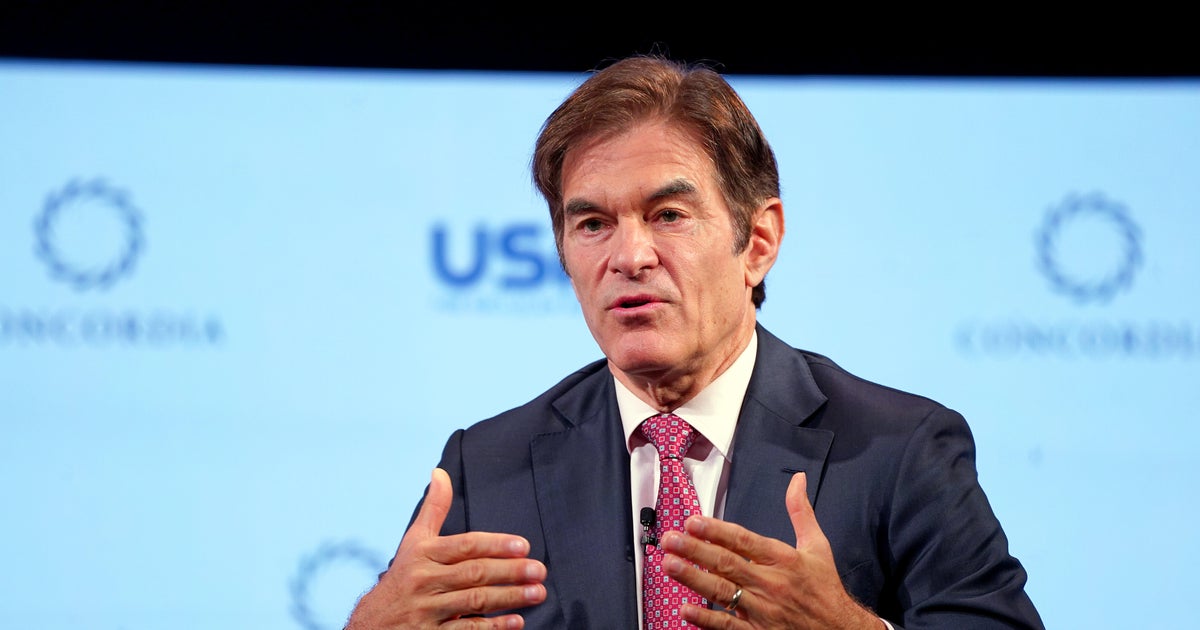Russia, Syria's explanation for chemical attack countered by experts
President Trump is facing his first overseas crisis in the fallout of a chemical attack in northern Syria that left more than 80 civilians dead. The whole world is watching what happens and what Mr. Trump will choose to do in response.
The Pentagon is presenting Mr. Trump with options for a U.S. strike on the Syrian regime -- specifically against dictator Bashar al-Assad, who previously inflicted harsh repercussions on civilians who rebelled against him six years ago.
- Trump says of Assad: “Something should happen”
- Ash Carter urges more U.S. sanctions on Russia after apparent chemical attack in Syria
Meanwhile, survivors are facing the grim task of seeing the fallout of Tuesday’s attack against humanity.
Abdul Hameed Al-Youssef lost his 9-month-old twins twins, Aya and Ahmed, in the attack. A photo of the bereaved father clutching his dead children in the aftermath is among the images that have drawn condemnation from around the globe.
“Say goodbye my loves,” he said before burying them along with his wife and several other family members.
Turkey’s government said Thursday that initial findings suggest it was sarin nerve agent -- which is banned by international convention and considered a war crime.
The chief suspect is the Syrian regime -- in part because the target was in a rebel-controlled area that’s been pummeled with airstrikes by the regime and its ally Russia.
Witnesses in Khan Sheikhoun, a town in the Idlib province, say the chemicals were dropped on them from the air.
The explanation for this atrocity given by Russia and the Syrian regime is that a conventional regime airstrike hit a chemical weapons facility run by rebel forces. But a conventional strike, experts say, would destroy chemicals -- not disperse them.
In addition, it wouldn’t produce harrowing scenes that have been broadcast around the world: People with no visible wounds, foaming at the mouth and suffocating to death.
Syria’s foreign minister claimed Thursday that his government has not and will not use chemical weapons.
But in 2013, the U.S. and several of its allies concluded it had -- killing hundreds in a rebel-held neighborhood with sarin nerve agent.
CBS News spoke with several Syrian rebel groups that are leaning toward a U.S. military action against the regime because they hope it will stop the regime from bombing them. However, they no longer have any expectation that America will help them win their war.





